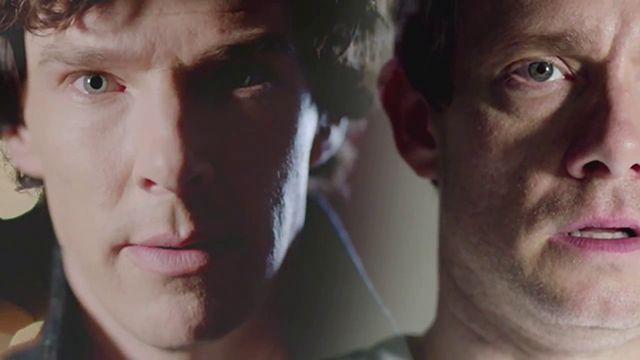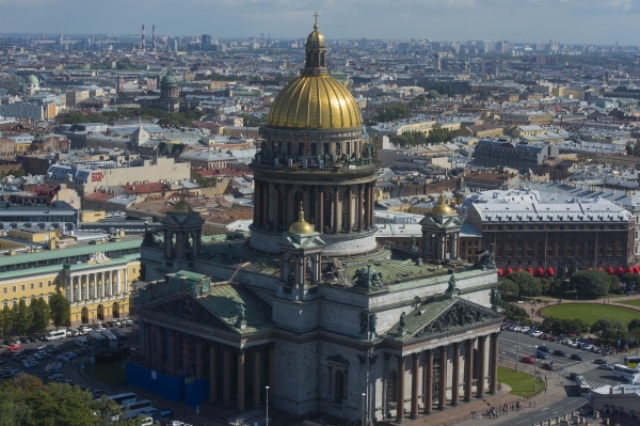Barclays Capital: the Russian-Ukrainian conflict puts pressure on investors
Russian-Ukrainian conflict could escalate into a comprehensive geopolitical consequences. The Russian economy , which even before the Ukrainian crisis was weak , is showing signs of a further slowdown in growth , regardless of the development of events in the geopolitical arena . However, tough sanctions on trade and capital flows , and cast a shadow on the European economy , given Europe’s dependence on Russian energy and other areas of trade and finance .
Based on the expected growth in domestic consumption, Barclays Capital economists have lowered the growth forecast of Russia’s economy . However , the recession is unlikely, assuming that sanctions against Russia will remain soft.
As already noted, even before the conflict with Ukraine , the Russian economy grew slightly . In 2013. Russian GDP growth was 1.3 %. Private investment declined due to falling corporate profits , and government investment declined, as major projects were completed in 2012. The recent increase in interest rates by the Bank of Russia could aggravate the situation .
On the eve of published data on the economy in February , which have improved somewhat . Economic activity slows not as sharply as analysts had feared . Annual growth in retail turnover has almost doubled to 4.1% , compared with 2.4 % in January. Annual real wage growth accelerated to 6 % versus adjusted upward ( to 5.2 %) than in January . In both cases the figures were the best for many months. Industrial production unexpectedly showed an increase of 2.1 % year on year in February, against a decline of 0.2% in January , as the manufacturing industry grew by 3.4 % in February. The volume of investment in fixed assets remained in the negative zone , but the decline became less pronounced : minus 3.5 % YoY vs. 7% in January. Unemployment remained at 5.6%.
Figures , of course, inspire , economists say Barclays, but the overall trend to slower growth of the economy remains in force. February statistics is only a one-time event that is unlikely to be sustainable trend in the coming months . Analysts expect a gradual decline in consumption in 2014 . Decrease in profits will deter companies from raising wages . In addition, due to the reduction of the ruble falling real incomes .
Russian-Ukrainian conflict is not the best impact on investor sentiment . Consequences will manifest itself since March data. While the U.S. and EU imposed ” cosmetic ” sanctions . According to experts Barclays, sanctions will be gradually tightened , unless it can be found a compromise political solution . The bank lowered the growth forecast for the Russian economy for this year to 0.7%. In 2015. economic growth should reach 1.4%. This forecast assumes that economic sanctions will remain soft. Otherwise, the outlook could be revised downwards . Severe economic sanctions could send the Russian economy into recession.
Barclays Capital analysts advise investors to be wary of currencies with high political risk . Because of the events in Ukraine has increased the cost of external borrowing for Russia , which will lead to increased private capital outflows . Company experts recommend keeping short positions on the ruble .



